Every year at Christmas, senior regime figures step forward to offer their well-wishes to their “Christian compatriots” on the occasion of the birth of Jesus.
Meanwhile, photos are shared on social media of Iranians buying Christmas trees from stores clad in the red and white of Santa Claus.
The message in both cases is clear: Iran is a land of tolerance, where Christians are free to practise their faith and to worship in the hundreds of churches that they have, as is their constitutional right.
Wishing my Christian compatriots, and all across our globe who are observing, a very Happy Christmas and a joyous, peaceful holiday season. The birth of Jesus Christ, prophet in Islam, is a wondrous occasion to celebrate. #Christmas2019
— Javad Zarif (@JZarif) December 24, 2019
“Religious intolerance in Iran applies to Christians …, simply trying to practice their faiths”:
— Iran_Newsroom (@Iran_NewsRoom) December 26, 2020
US’s Pompeo.
Tehran’s Mirzaye Shirazi street, home to Saint Sarkis Cathedral, for decades witnessed “Religouse intolerance” ! Shopping for #Christmas by Iranian Christians.#Iran pic.twitter.com/Ayvkvpwiq6
But dig beneath the surface, and the reality for Christians at Christmas-time – and at any other time of the year – is markedly different.
Perhaps the most well-known illustration of this at Christmas-time can be found in the story of the arrest of Pastor Victor Bet-Tamraz.
It was 26 December 2014, and Pastor Victor, who as an ethnic Assyrian is one of Iran’s purportedly “recognised” Christians, was celebrating Christmas at his home with his family, and a few converts to Christianity, when there was a knock at the door.
The scene that followed will sound very familiar to any Iran-watcher: standing at the door were a dozen plainclothes intelligence agents, who barged into the pastor’s home, searched those present, separated men from women, confiscated personal belongings, and declared that they were participating in an “unlawful and unauthorised gathering”.
The officers proceeded to force all those present to fill out forms boasting the insignia of the Ministry of Intelligence, and filmed them individually as they explained why they had gathered.
After several hours of filming and interrogation, Pastor Victor was arrested, alongside two of the converts, Amin Afshar-Naderi and Kavian Fallah-Mohammadi, and taken away to Tehran’s Evin Prison.
The three men, and a fourth convert, Hadi Asgari, were later sentenced to 10 years in prison for “acting against national security by organising and conducting house-churches”. Amin was given an additional five-year sentence for “insulting the sacred” – or, to put it more simply, “blasphemy”.
Victor’s wife, Shamiram, was also sentenced to five years in prison for her own “action against national security”.
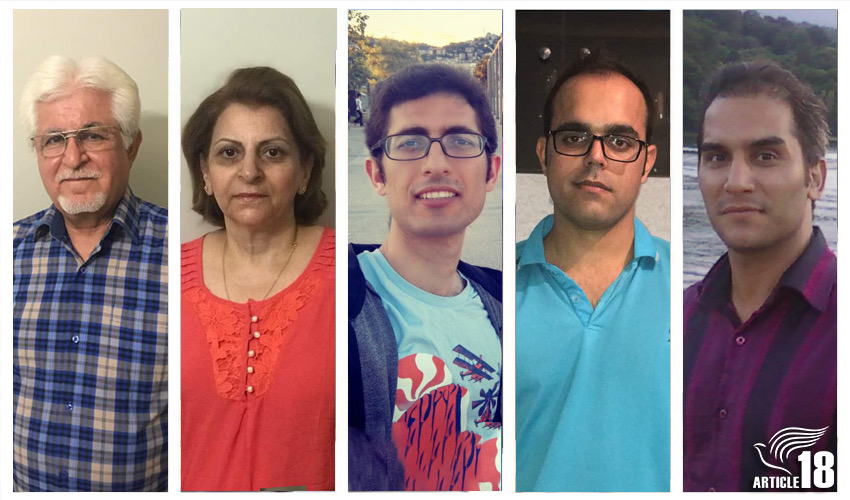
After years of appeal hearings scheduled only to be postponed, Victor’s wife was finally summoned in August 2020 to begin her sentence.
The couple fled.
The three converts had already left Iran.
A similar story had unfolded two Christmases before, in 2012, when another member of Iran’s “recognised” Christians, retired ethnic Armenian pastor Vruir Avanessian, was arrested alongside several converts as they celebrated together.
The pastor was later sentenced to three and half years in prison for “acting against national security” through “propaganda against the holy regime of the Islamic Republic of Iran”, while one of the converts, Mostafa Bordbar, was given a 10-year sentence for “gathering with intent to commit crimes against Iranian national security”.
At Christmas 2011, another pastor, Farhad Sabokrooh, was arrested alongside his wife and two other church members, and all later sentenced to a year in prison – sentences they served, before the pastor and his wife also left Iran after being threatened with execution for “apostasy”.

Years later, the pastor said during an interview in 2019 that his wife still had nightmares about her time in prison.
A continuing trend
The pattern of arrests at Christmas has been true for as long as Article18 has been in existence.
Our first such report came at Christmas 2010, when dozens of Christians were arrested across Iran, a fact confirmed by the governor of Tehran at the time, who accused those arrested of belonging to a “corrupt and deviant” wing of “evangelical Christianity”.
An even larger number of Christians were arrested in the run-up to Christmas 2018 – as many as 114 Christians from 10 different cities, in just one week, in what was referred to as an “unprecedented” wave of arrests.
So why the focus on Christmas?
Last year, Mary Mohammadi, who spent six months in prison for her membership of a house-church, told Article18 she believed there were two primary reasons: “Firstly to increase fear and act as a deterrent for those present… Secondly, the news of the arrests may deter other Christians from celebrating.”
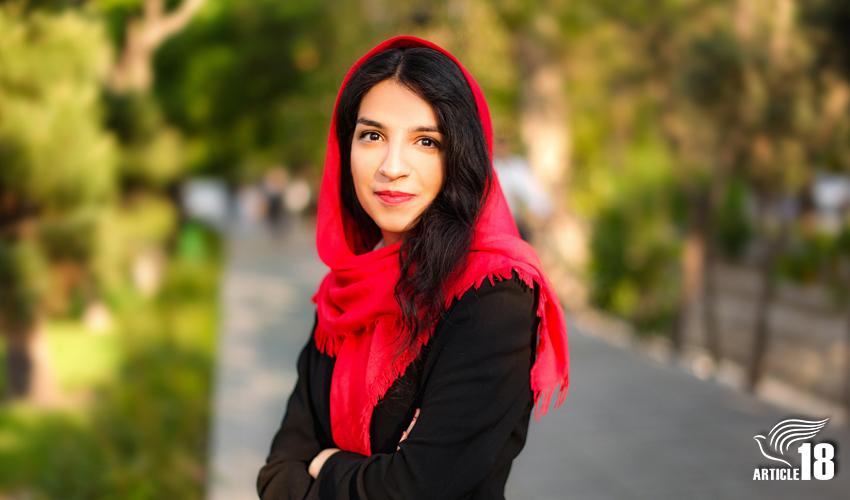
“At Christmas, Christian celebrations and services are different, more attractive and more populated than they are during the rest of the year,” she added. “What better time for the Iranian security forces to be able to trap multiple Christians in one operation, rather than having to bother to identify each one!
“Some Christians may also invite their friends, so at Christmas-time, when Christians are celebrating, and gatherings are more crowded, it is a good time to repress those who are exploring Christianity.”
‘Reaction to an anti-Western government’
Parallel to the rash of arrests, there is also increased interest in the Christmas season among the wider Iranian population, something Paris-based sociologist Saeed Paivandi told Article18 last year was “a reaction to an anti-Western and Islamist government, in the same way as there is a growing tendency towards Christianity as the antithesis of Islamism”.
He added that the regime’s attempts to defend Iran against what it has labelled the “cultural invasion of the West” have only increased the attraction, both of the West and of Christianity, among a disillusioned public.
“All the evidence shows that the pervasive cultural propaganda war of the past decades has not yielded the desired results,” he said, “and that some people actually behave in this way to oppose the regime, or at least to push back against its propaganda.”
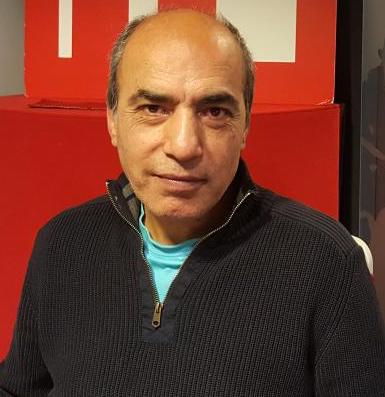
Mr Paivandi added that the regime’s “real concern” is the potential for interest in Christmas and other elements of Western culture to “lead people towards Christianity – especially the youth”.
“The government seems to be more afraid of the religious significance and consequences of these behaviours than of fearing a celebration that belongs to other countries,” he said. “Negative reactions to the celebration of Christmas, or open repression of Christian converts, are signs of this fear.
“While in the textbooks there is a lot of talk about the conversion of this or that Western Christian to Islam, or the state media mentions the conversions to Islam of some young people in Europe, now the Islamic Republic is being forced to confront the reality that many people are leaving Islam.”
Meanwhile, despite the persecution of Christians at Christmas-time, and throughout the year, Christianity, remarkably, is still on the rise in Iran.
And perhaps most distressingly, from the regime’s perspective, the vast majority of Christians in Iran today do not belong to the tolerated ethnic minorities, but are converts from at least nominally Muslim backgrounds.
As long as this trend continues, Christians can expect little let-up from the regime, at Christmas or any other time of year, regardless of any public messages of goodwill or photographs of smiley Iranians posing in front of Christmas trees.
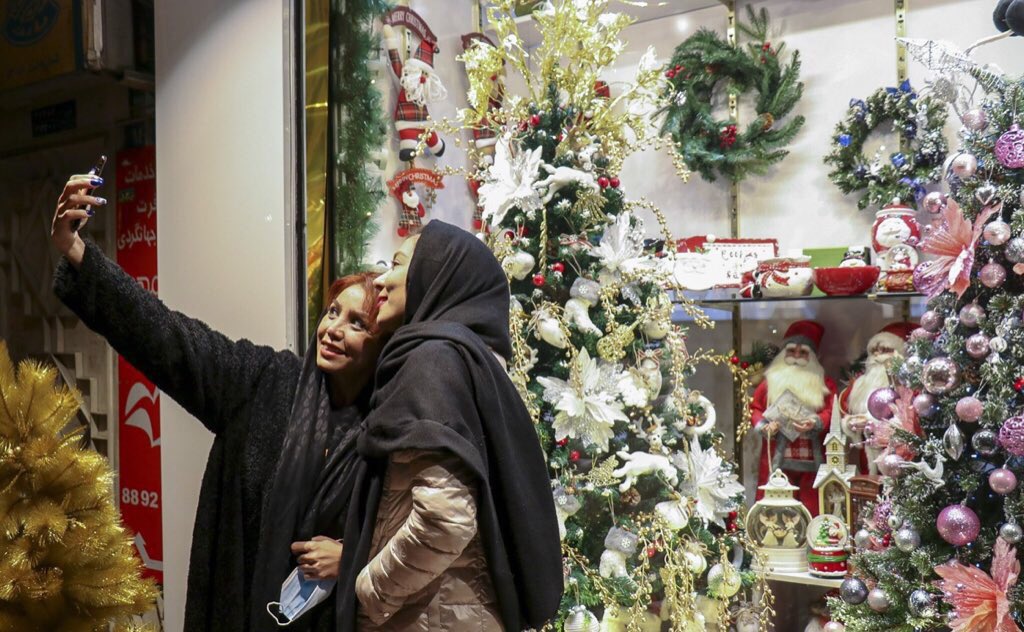
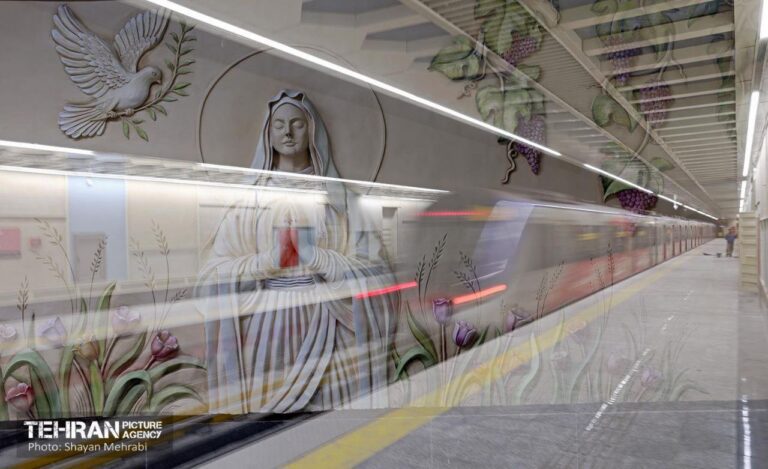
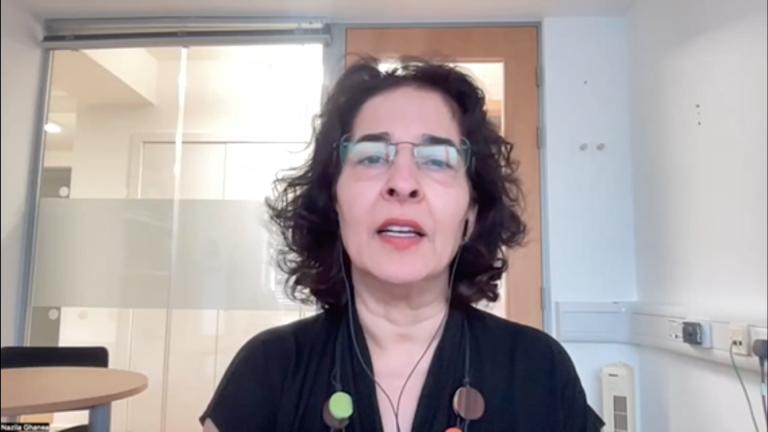
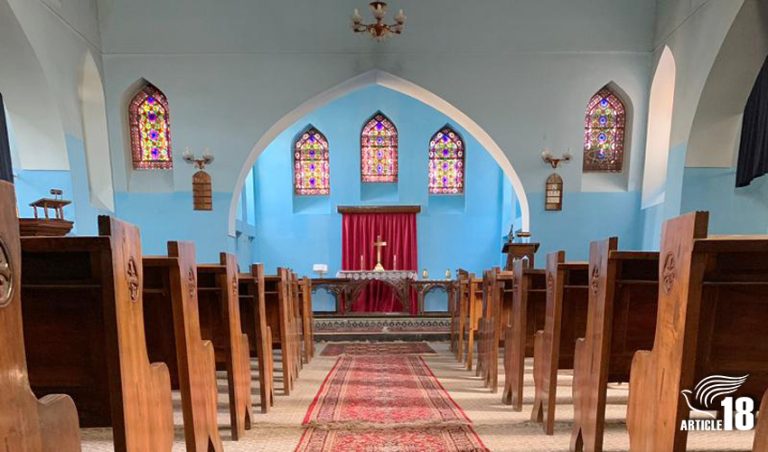
0 Comments